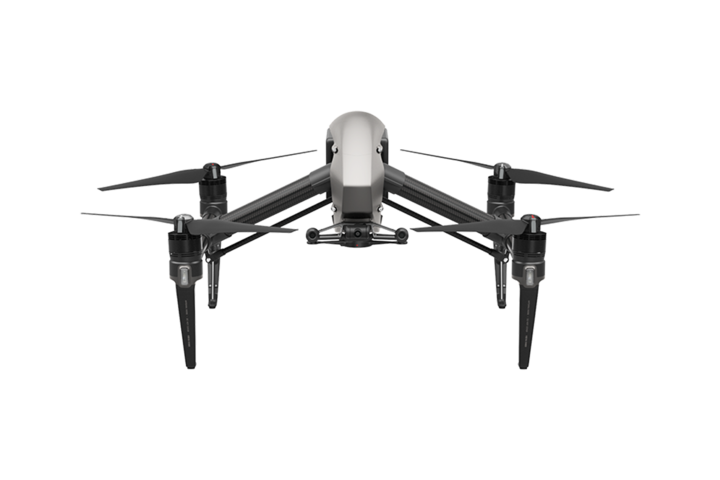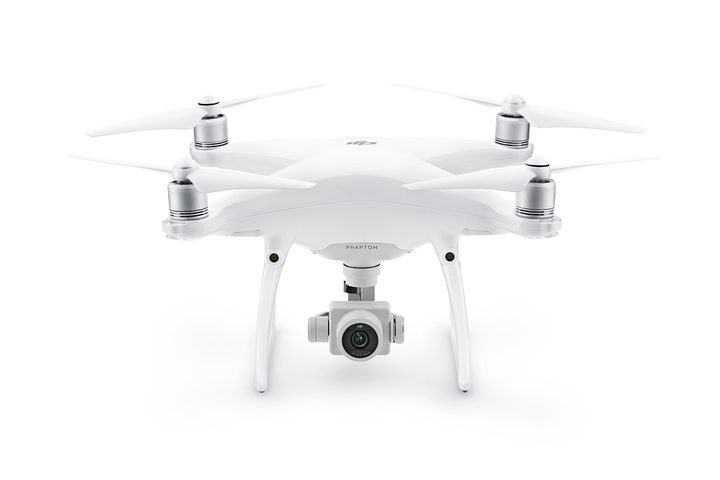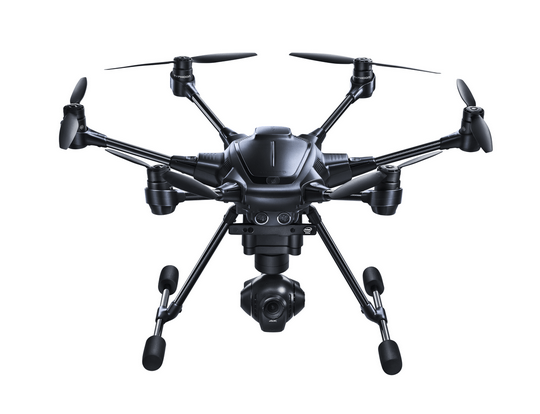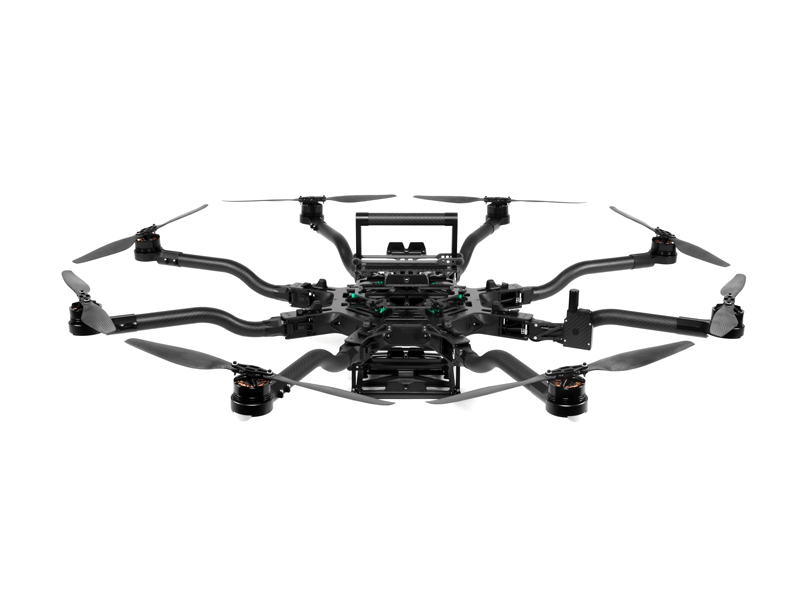
Commercial drone operators are a big market for drone manufacturers – and with the implementation of Part 107 that market is growing fast. While industrial applications for drones are also expanding rapidly, the FAA says that 90% of new drone businesses since Part 107 are small businesses, having one or two employees. What drones do these businesses choose? We surveyed our huge global network of licensed drone operators at our sister site, drone job marketplace JobForDrones, to find out.
While the network of drone operators represents a large variety of skills, most offer services related to aerial imagery. Whether they are taking shots for marketing, art, events, real estate, film, or insurance claims; the majority of drone jobs are based around a camera. Forget the high priced industrial drones flying over large scale agriculture – those represent a small subset of drone operators with a specialty. For the vast majority of small business operators, prosumer drones are the tool of choice. And these drones are an investment – drone businesses are unlikely to upgrade their equipment with every new release, generally adding a new drone when they need one for specific functionality or when they take on more staff.
Boasting a huge percentage of the market (the exact number seems to depend upon who you ask) DJI is undisputedly the leading global drone manufacturer. It’s no surprise, therefore, that 3 out of our 5 listings are manufactured by DJI – and a close running number 6 is the Mavic Pro, despite the fact that it’s only been on the market a few months.
 #1: DJI Phantom Series. This is still the most common drone listed by small operators. Despite the fact that DJI may be shutting down the Phantom 4 Pro to make way for the Mavic, the Phantom Series offers a lot of functionality for drone operators. Since it’s been around for a while, operators have had the opportunity to get expert with the drone; many don’t see a need to upgrade yet. The good news: operators can now pick up a second Phantom 3 at a very reasonable price.
#1: DJI Phantom Series. This is still the most common drone listed by small operators. Despite the fact that DJI may be shutting down the Phantom 4 Pro to make way for the Mavic, the Phantom Series offers a lot of functionality for drone operators. Since it’s been around for a while, operators have had the opportunity to get expert with the drone; many don’t see a need to upgrade yet. The good news: operators can now pick up a second Phantom 3 at a very reasonable price.

#2. Yuneec Typhoon. Yuneec says the Typhoon H offers “pro features in a consumer friendly package,” and many of the pros have chosen it. The Typhoon Pro packages run from $1300 to just under $2000: inexpensive compared with some comparable products. With Intel’s investment in Yuneec the drone manufacturer has added some great features to their offering, including Intel’s RealSense technology for collision avoidance and easier flight. The 360 degree camera gimbal and the “action cam” allow operators to capture a wide variety of footage.

#3. DJI Inspire 1 Pro. (And #4, DJI Inspire 2.) DJI’s lists the Inspire series as professional drones, but they still run mostly under $5,000 – and an Inspire 1 v.2 can be purchased for under $2,000. The Inspire was released an eternity ago in drone years: at the end of 2014. Thinking ahead, the feature list on the original release announcement says that the camera and the gimbal can be removed “for future upgrades.” It seems to have been a good idea, because they are still a favorite with drone operators. DJI calls the Inspire 1 the “first filmmaking drone in the world to integrate an HD video transmission system, 360° rotating gimbal and a 4K camera, as well as the simplicity of app control.”

#5. Free Fly Alta Series. While the vast majority of small drone operators are using prosumer drones, FreeFly Systems seems to have a significant place in the market of drones for filmmakers. While these drones carry a hefty price tag – the Alta 8 sells for around $17,500 – they are designed for professional filmmakers, and they offer the features specifically geared around a film set. Those operators specializing in film and television boast about this equipment on their websites: for some, it’s the badge of a specialist pro.

Miriam McNabb is the Editor-in-Chief of DRONELIFE and CEO of JobForDrones, a professional drone services marketplace, and a fascinated observer of the emerging drone industry and the regulatory environment for drones. Miriam has penned over 3,000 articles focused on the commercial drone space and is an international speaker and recognized figure in the industry. Miriam has a degree from the University of Chicago and over 20 years of experience in high tech sales and marketing for new technologies.
For drone industry consulting or writing, Email Miriam.
TWITTER:@spaldingbarker
Subscribe to DroneLife here.







[…] Une ventilation plus détaillée peut être trouvée sur Dronelife. […]